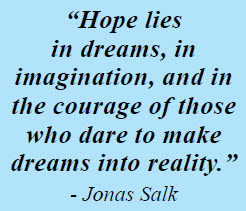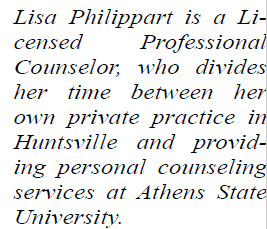The Mental Health Benefits Of Dreaming
 By: Lisa Philippart
By: Lisa Philippart
I have always been fascinated with dreams and dreaming. Sometimes my dreams are so vivid, it actually feels like I have existed in another world. Recently, I had a dream that I was sitting at the end a dock, with my feet dangling into the water, watching a beautiful sunset. In that moment, I felt relaxed, peaceful, and calm. It was so absorbing that I woke up with a feeling of contentment, which stayed with me for the rest of the day. There are many theories as to why we dream. Sigmund Freud believed that our dreams were the passageways to understanding our unconscious mind…where we might find those hidden secrets and longings that we dare not share with the rest of the world. Carl Jung, saw dreams as our mind’s way of expressing things openly, the psyche’s way of communicating and reorganizing important information from our daily lives. And today, neuroscientists continue to explore dreams and dreaming as pathways to improving health, especially our mental health.

Dreams can help you overcome your fears. Neuroscientists use the term lucid dreaming to describe the state of dreaming when you are aware you are dreaming. When you are a lucid dreamer, you can manipulate and control the story line of your dream. For example, let’s say that you are afraid of being in large groups of people. Just the thought of going to a work party, makes your heart rate increase and you start sweating. In a lucid dream, you can be in complete control. You can be however you want to be. In the dream world, you get to practice what you might be afraid to do in real life. The more you practice dealing with your fears in your dreams, the more you are reprograming your brain. You are preparing for change through your dreams.

Dreams can be therapeutic. Even though our dreams are not real, the emotions that go along with them are quite tangible. If you are experiencing some form of PTSD or emotional trauma, dreams can be a form of overnight therapy. And, you don’t have to be experiencing some form of trauma in order to benefit from a night of dreaming. When you go through any type of emotional event, the release of hormones is triggered in your system which prioritized that event in your mind. This then serves as a reminder to your brain to work through the occurrence during sleep. What happens is that somewhere between the activating event and the point of recollection, the brain can separate the emotions from the memory, so it no longer presents as emotive. Essentially your dream story strips the feeling from the experience by creating a new memory of it.

Dreams help you learn. This is my favorite benefit of dreaming, and I use it often to help me resolve issues or clarify a decision. Have you ever fallen asleep thinking about a decision that you have been trying to make? You wake up the next morning and somehow the answer has become clear. I know you have heard the expression, “Let me sleep on it.” Well, it looks like there may be some scientific evidence to support our ability to learn while we sleep. According to researchers at Harvard Medical School, if you learn a task and then go to sleep, you could be ten times better at that activity than if you had stayed awake. Dreaming allows your brain to process and make sense of new information. Dreams have the potential to positively change your life, so sweet dreams everyone!
By: Lisa Philippart
Licensed Professional Counselor